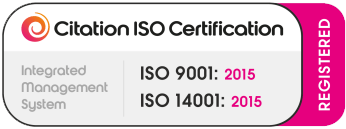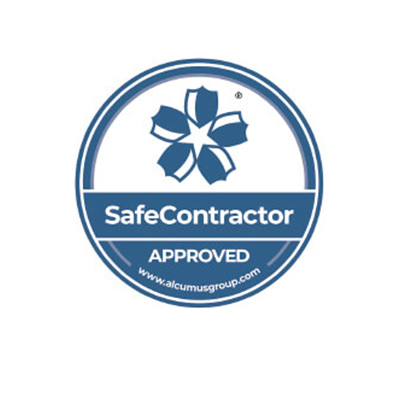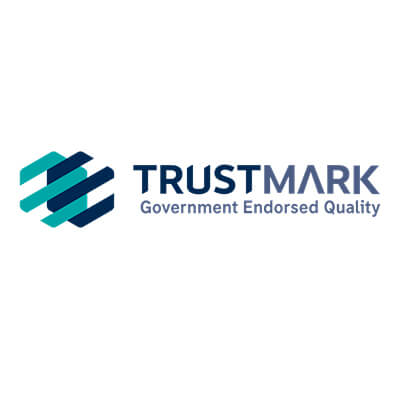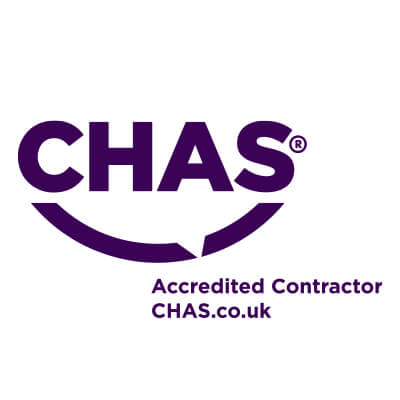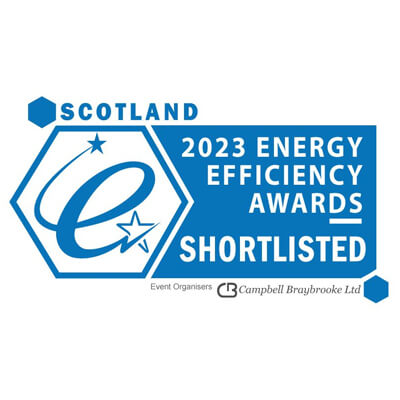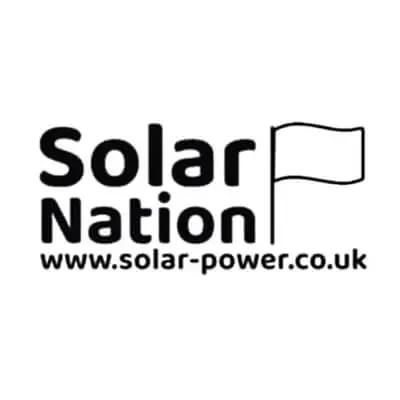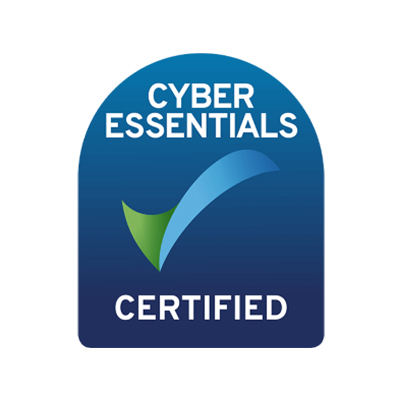Commercial Solar Panel Installers for Businesses across Scotland & England
From survey and design to installation and maintenance, we offer turnkey Solar Panel Installs and Battery Storage Systems.
At Low Energy Services, we specialise in providing comprehensive commercial solar panel installation and battery storage systems fitters for businesses across Scotland and England. From initial survey and design to full solar panel installation and ongoing maintenance, we offer a complete turnkey solar solution to help you transition to greener, more cost-effective energy sources.
Expert Commercial Solar Installers in Scotland & England
As a leading solar panel installer in Glasgow and across Scotland and England, we design and install tailored solar energy systems and battery storage solutions that reduce energy costs and carbon footprints for businesses. Our commercial solar installers provide bespoke solutions to ensure your company benefits from solar power and battery storage systems, helping to reduce your energy bills while contributing to a cleaner environment.
Our Services
At Low Energy Services, we offer a comprehensive range of services to optimise your business’s energy efficiency. Our survey and design process begins with thorough energy assessments to ensure your solar panel installation is tailored for optimal performance. We specialise in commercial solar panel installations and industrial solar panel installations, maximising energy efficiency for your business. To further enhance sustainability, we provide battery storage systems to store excess energy and reduce reliance on grid power.
Additionally, our energy monitoring and control strategies help optimise your energy consumption and reduce costs, while our building heat leakage analysis ensures your building’s insulation and energy efficiency are maximised. We also offer ongoing maintenance to ensure your system remains in peak condition and provide consultation and advice on renewable energy technologies to help make your building as energy-efficient as possible.
Why Choose Us as Your Commercial Solar Installer?
At Low Energy Services, we offer tailored solar solutions designed to meet the unique energy requirements of your business, whether you’re in Scotland or England. Our focus on cost savings ensures that your investment in solar energy not only reduces your long-term energy bills but also enhances your business’s sustainability. With a team of highly skilled solar PV installers in Scotland, we bring years of expertise in commercial and industrial solar panel installation.
As a full-service provider, we handle everything from the initial design and installation to ongoing maintenance, ensuring that your solar energy system performs at its best throughout its lifespan. By embracing sustainable energy solutions, your business can join the growing movement towards green energy, significantly reducing your carbon footprint while increasing energy independence.
Commercial Solar Panel Installation – Across Scotland and England
We are proud to offer commercial solar panel installations throughout Scotland, including Glasgow, Edinburgh, and beyond. As a trusted solar PV installer in Scotland, we are committed to delivering high-quality solar energy solutions for businesses of all sizes. Whether you’re looking for an industrial solar panel installation or a tailored solar panel system for your business, we have the expertise to help.
Explore the Benefits of Solar Energy for Your Business
As a trusted solar panel installer in Glasgow, we understand the unique energy needs of businesses across Scotland and England. Our tailored solutions can help you reduce energy costs by providing efficient commercial solar panel installations, allowing you to save on electricity bills. With the addition of battery storage, you can increase energy independence by storing excess energy for use during peak hours or during power outages. Switching to renewable energy not only supports your sustainability goals by lowering your business’s carbon footprint, but it also brings financial benefits, including the opportunity to leverage government incentives and potentially earn revenue through solar power purchase agreements (PPA).
Get In Touch
At Low Energy Services, we are committed to helping your business achieve its energy goals with our expert commercial solar installers. Whether you’re looking to install solar panels in Scotland or need advice on battery storage solutions, our team is ready to assist you every step of the way.
To find out more about how solar energy systems can benefit your business, contact us today and speak with our experienced professionals. We’re here to help you reduce costs and make your business more sustainable.
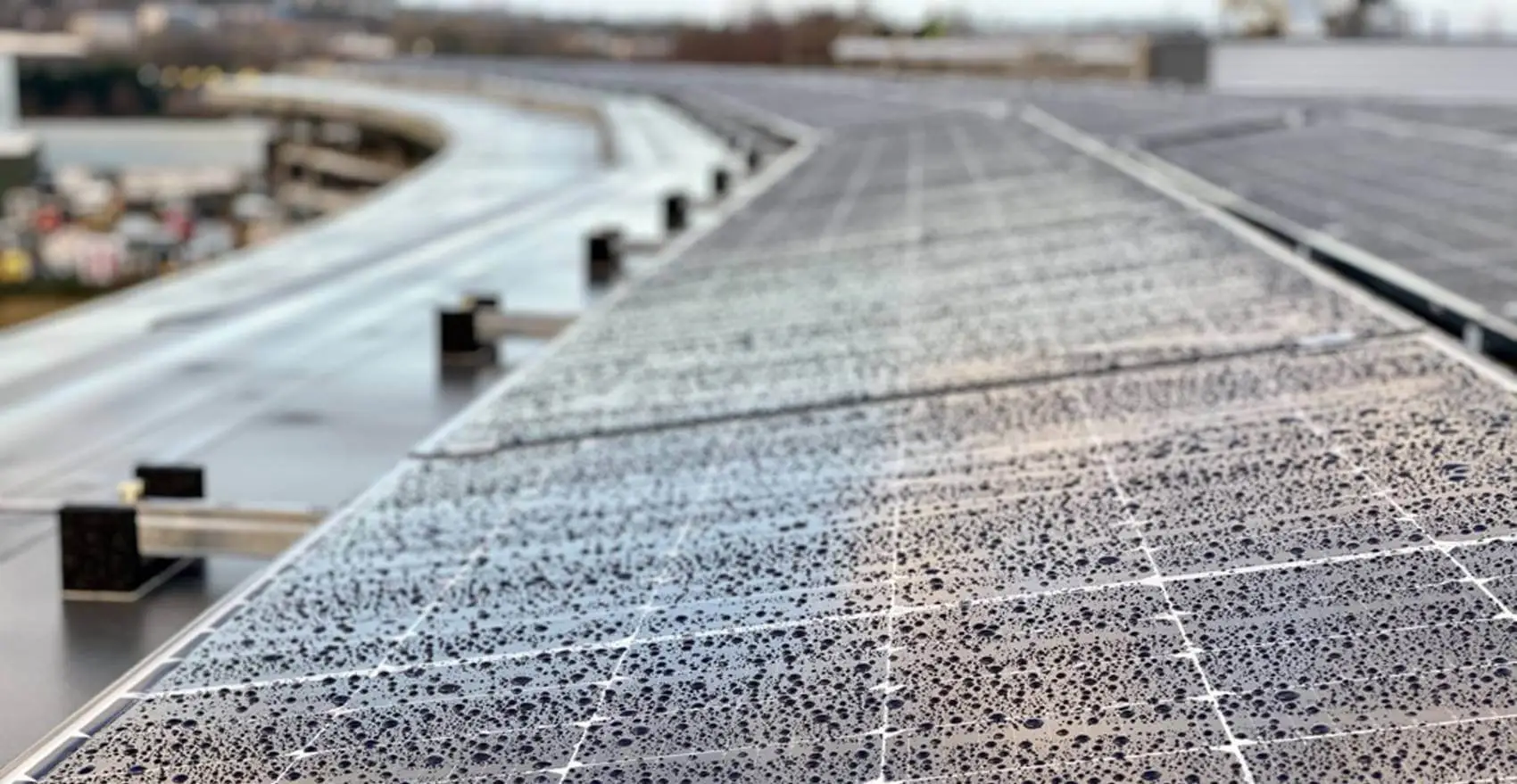

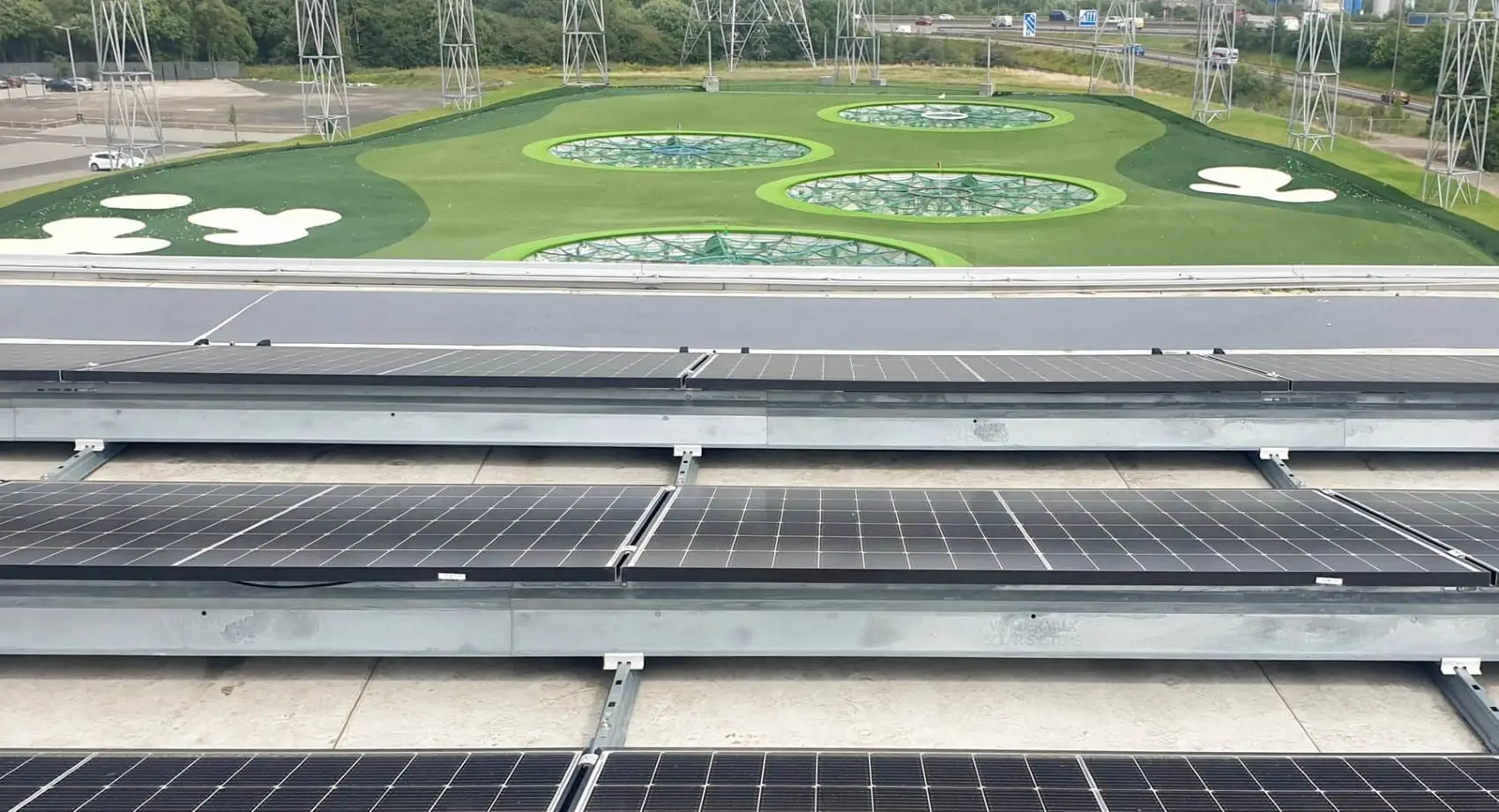
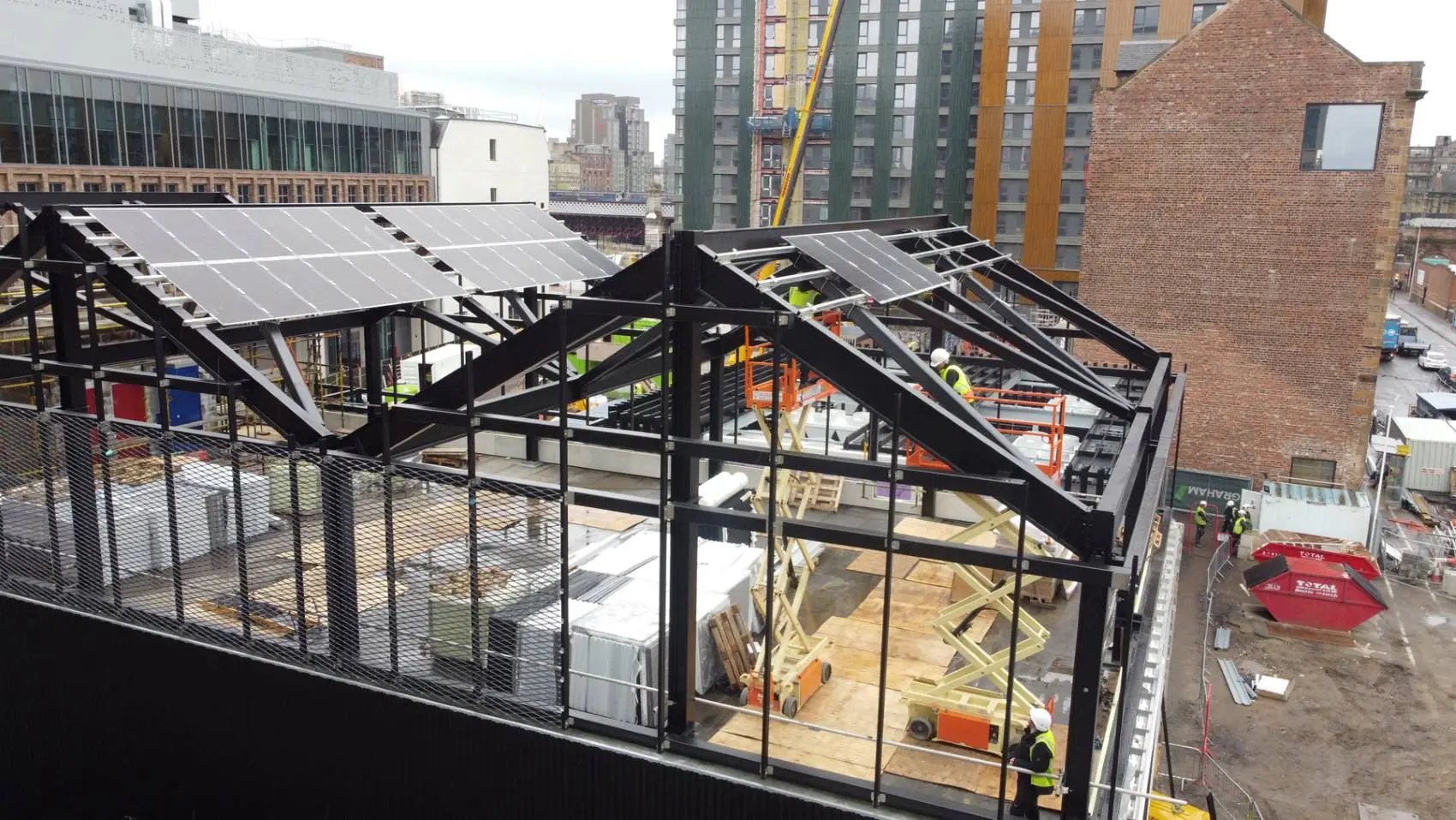


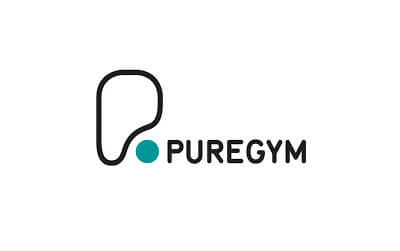
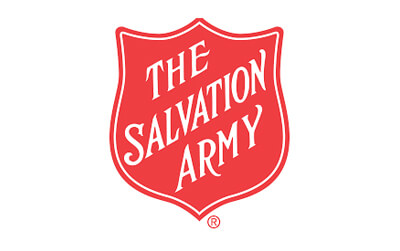
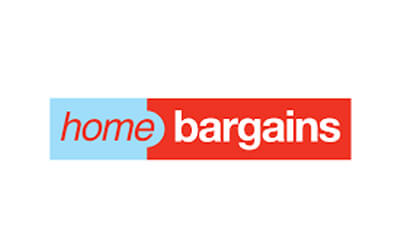
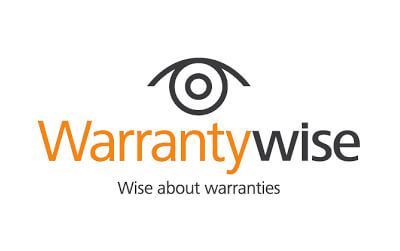
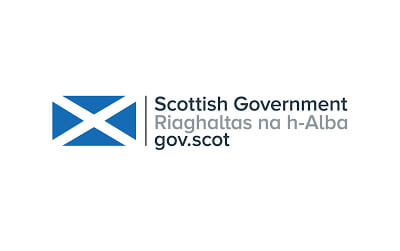
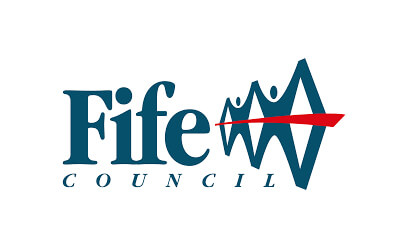

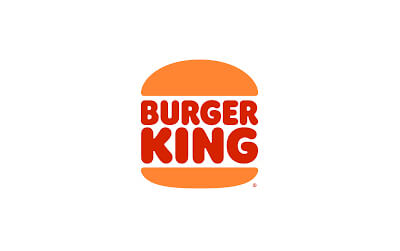

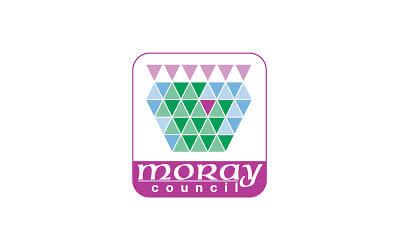
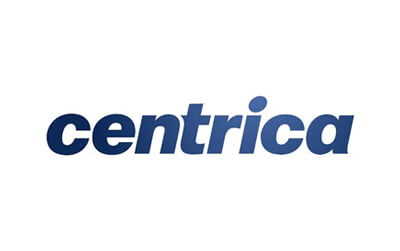




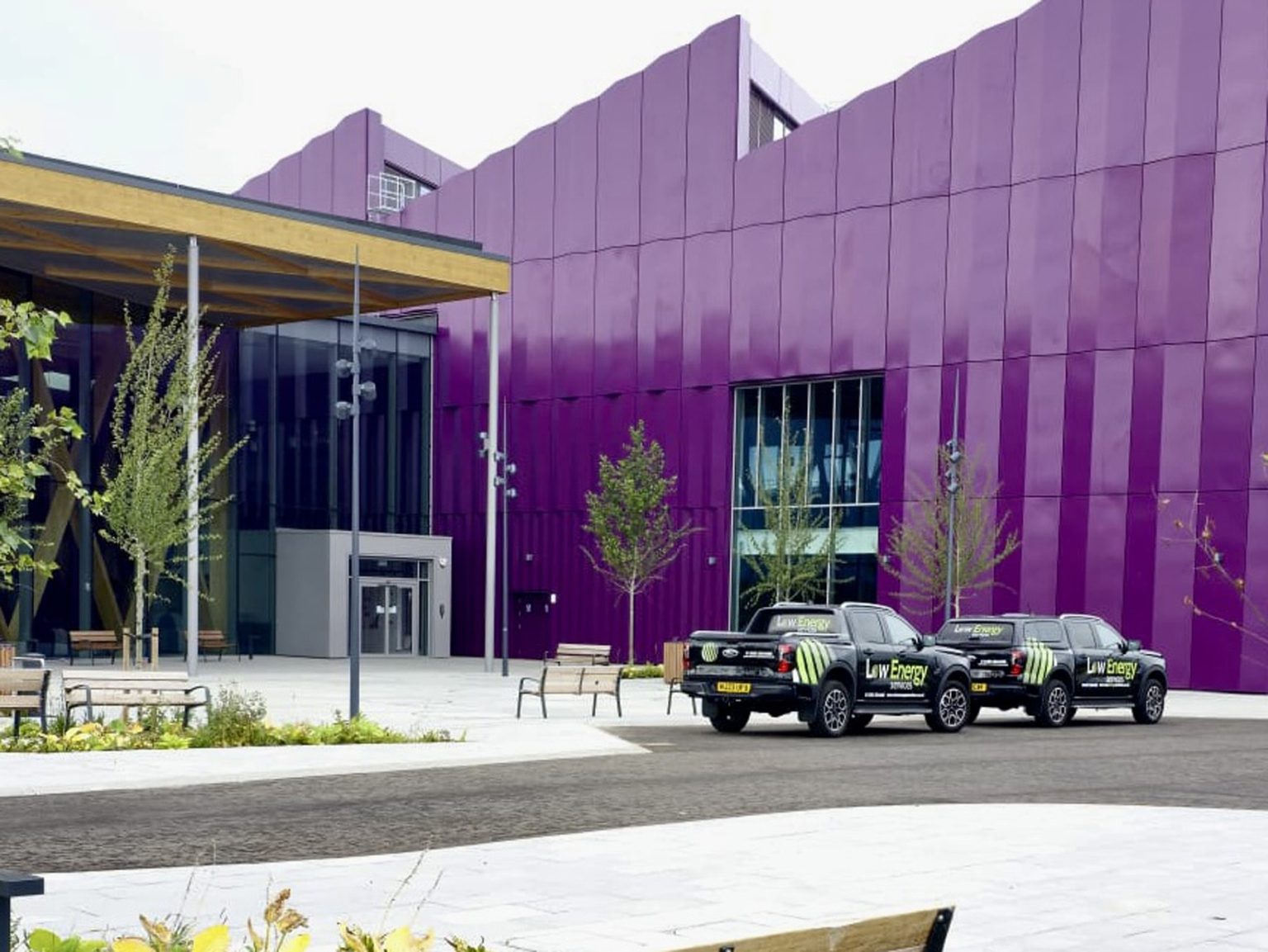
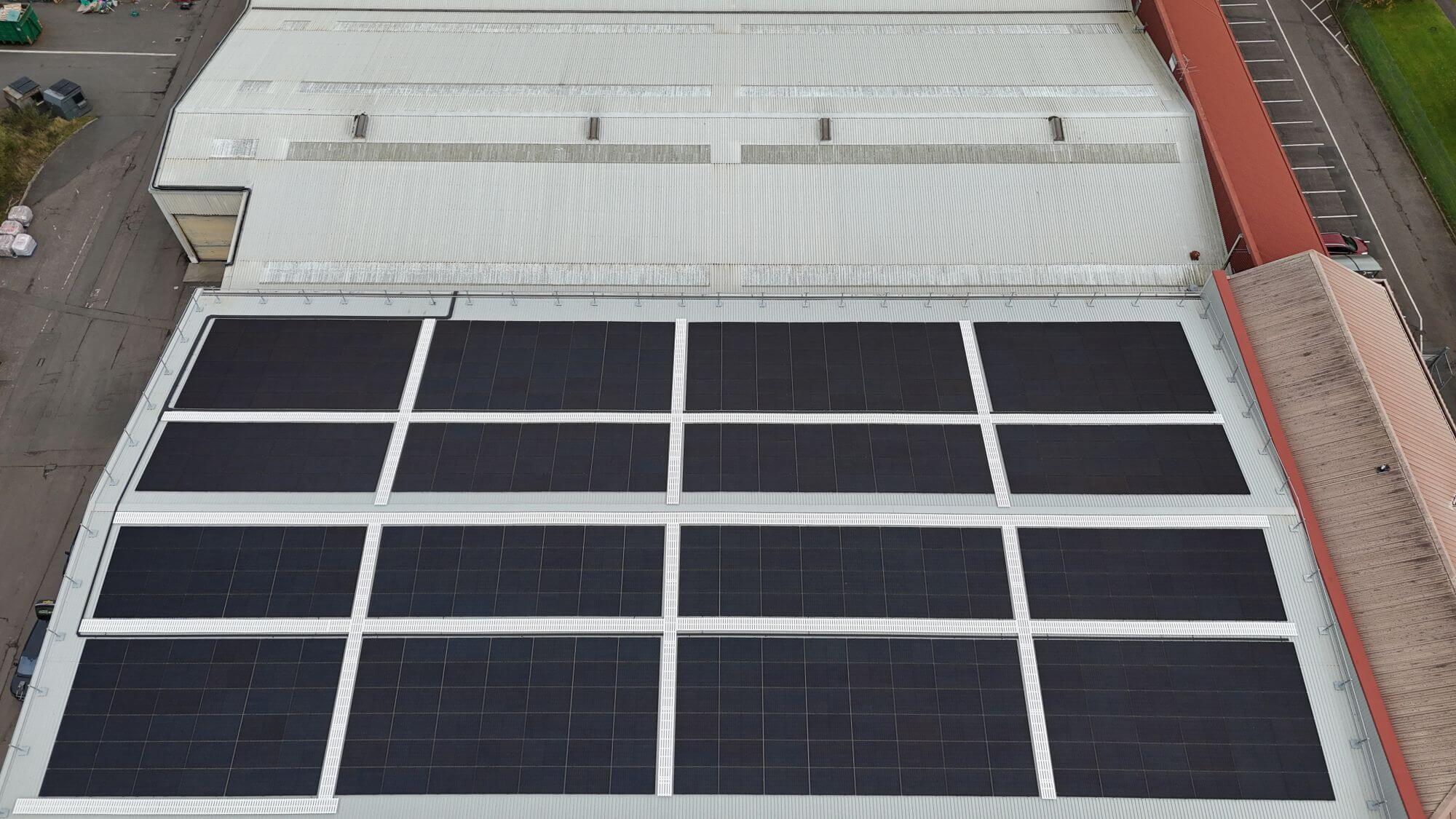
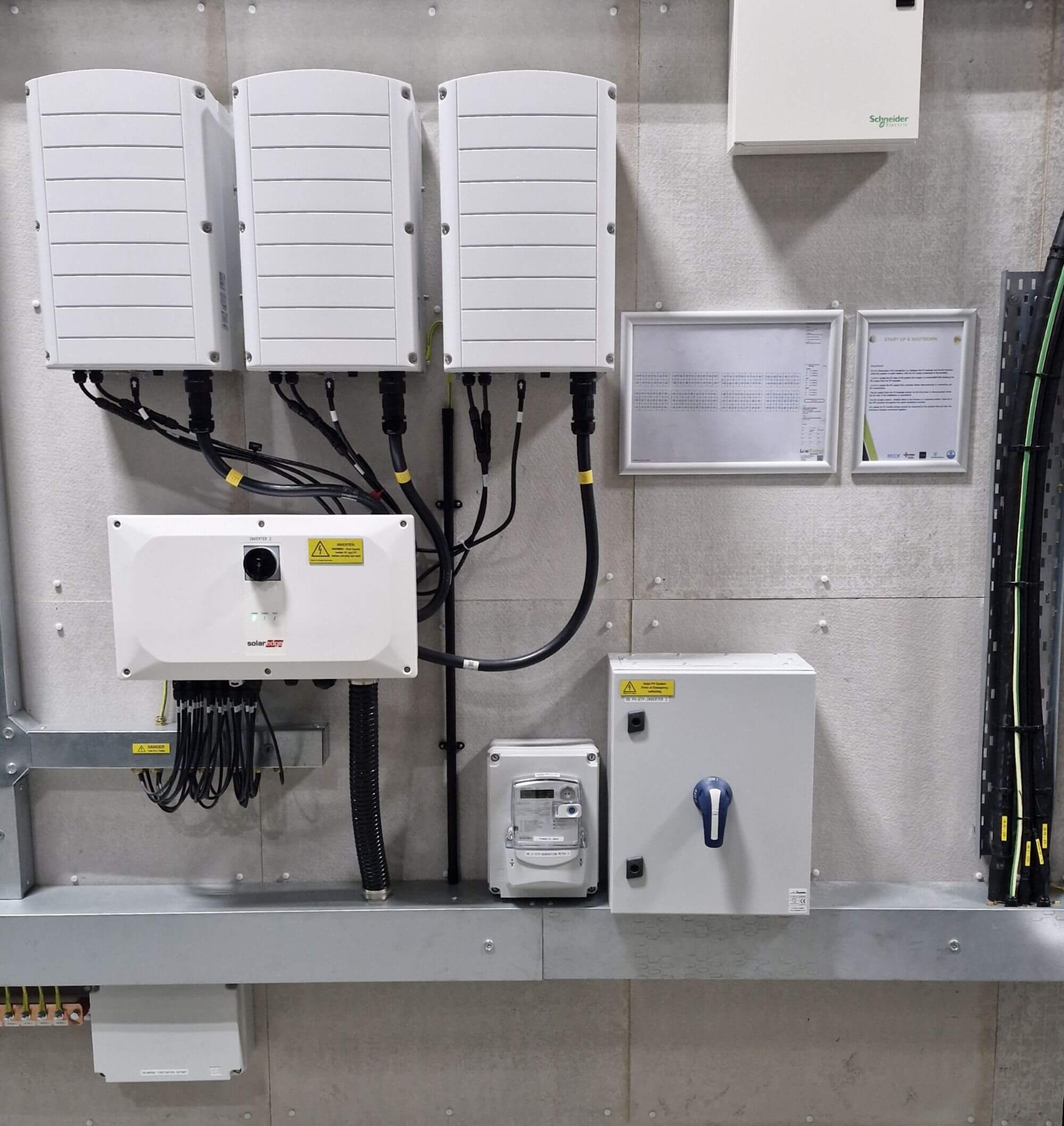

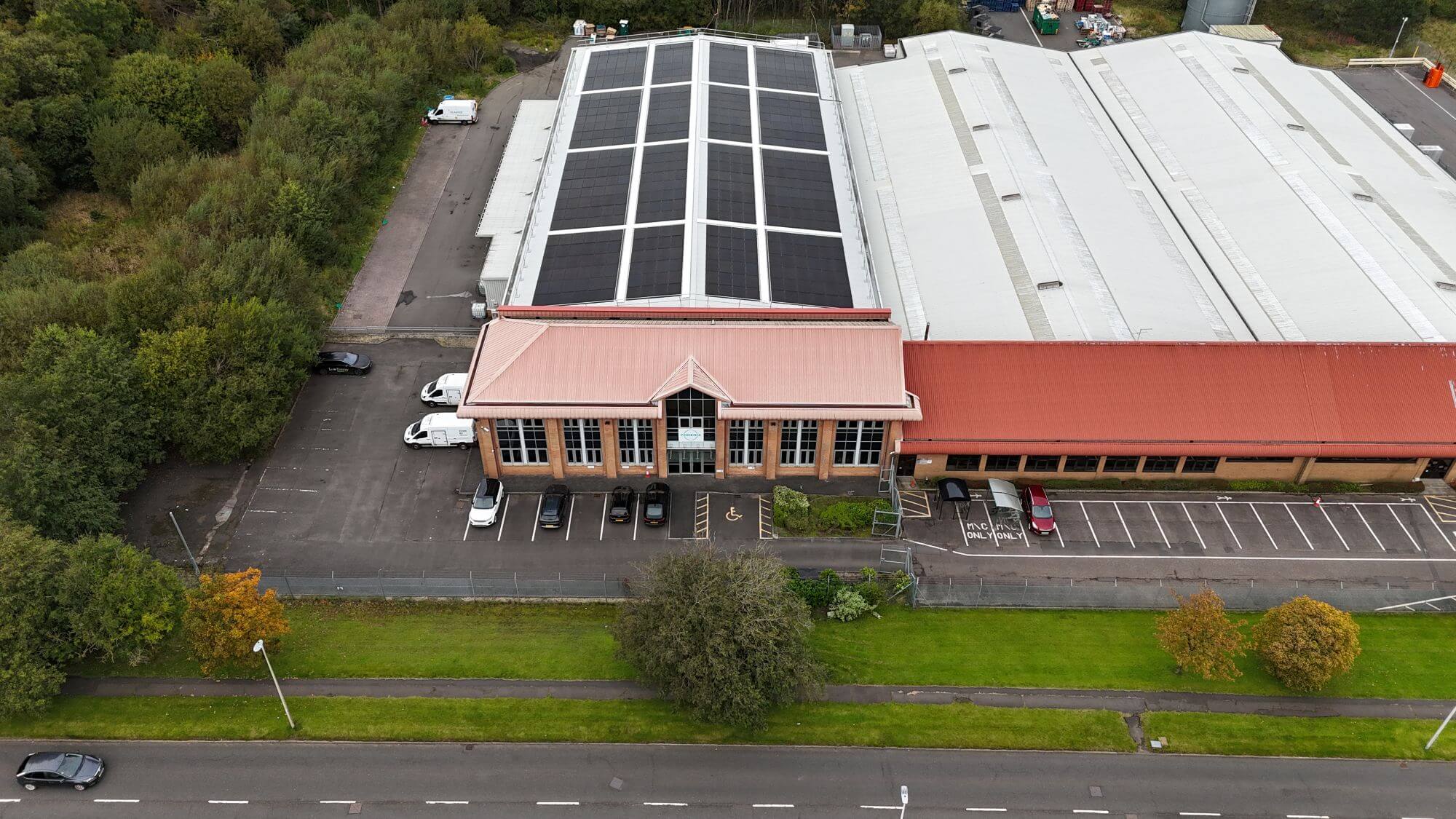
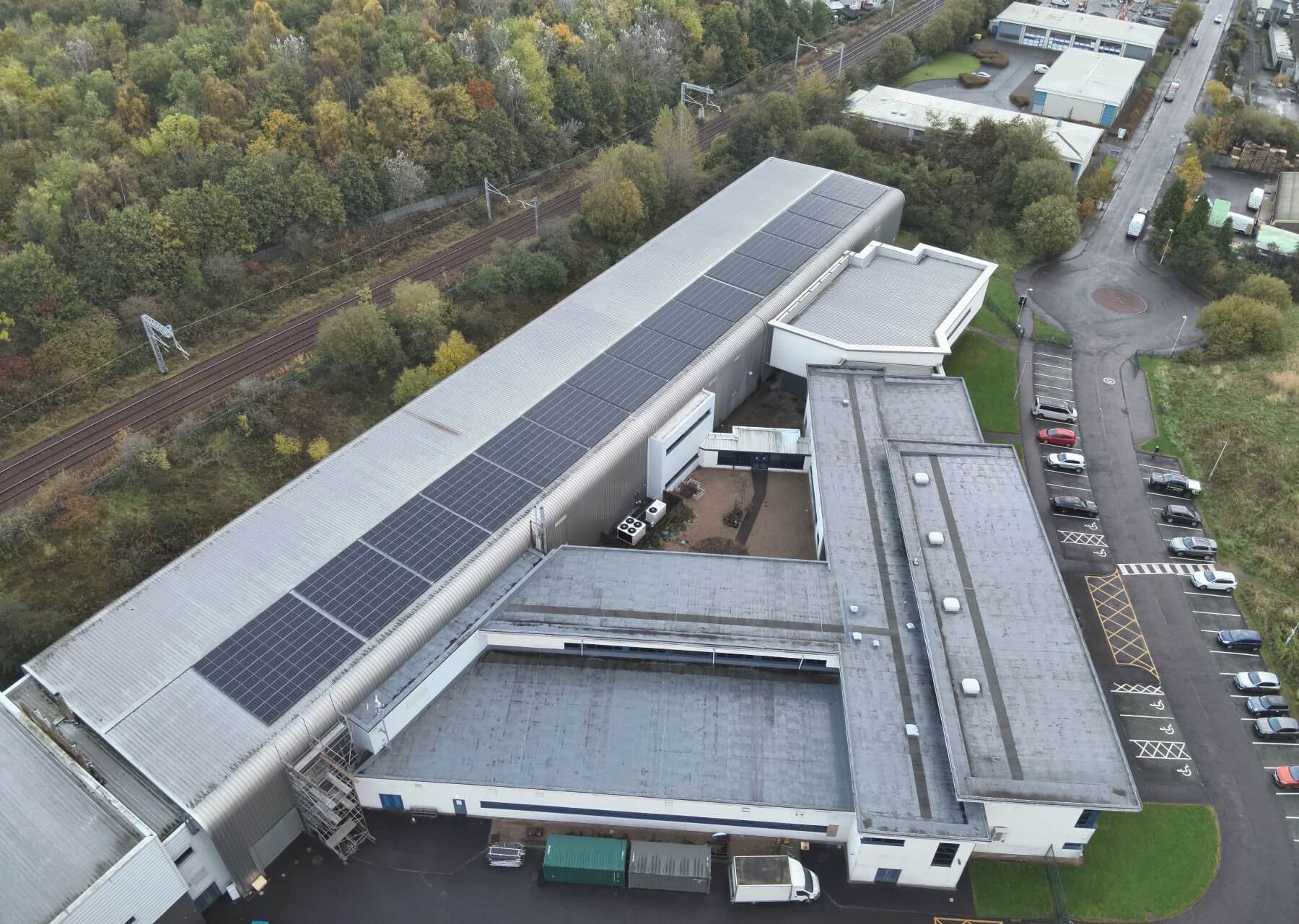
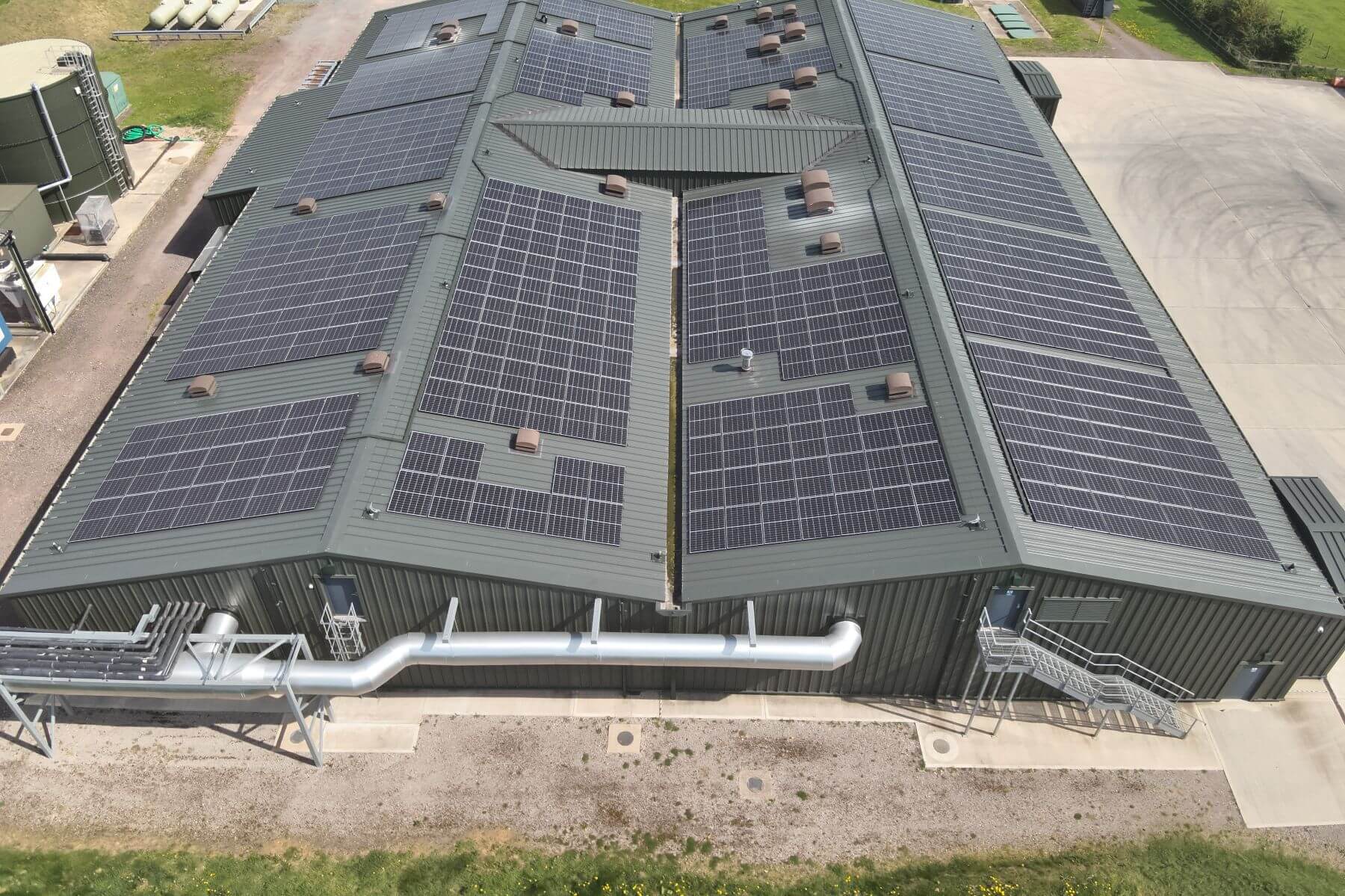
 Renewable Energy Specialists
Renewable Energy Specialists